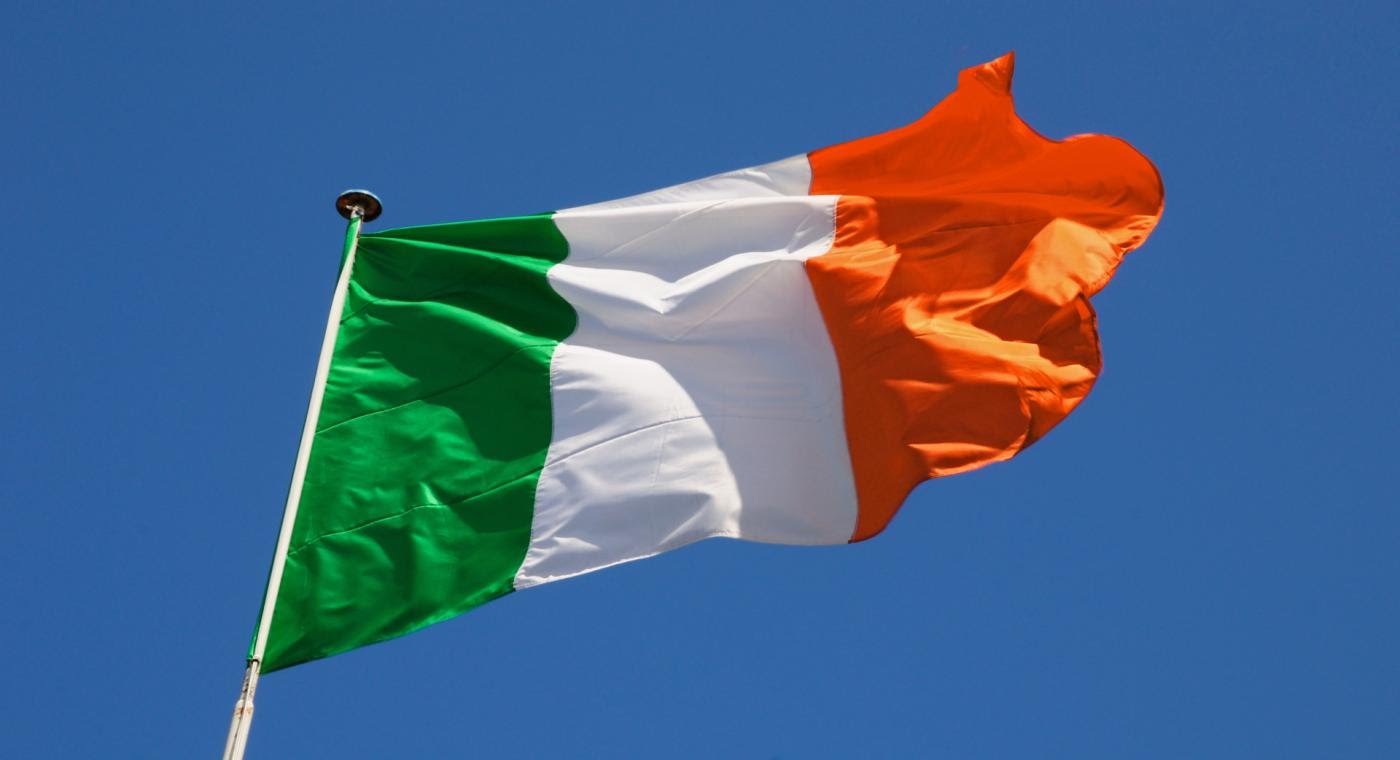The Conference of INGOs held an official visit to Ireland from 24-26 April 2017. The Irish Social Workers Association organised the logistical and substantial support during two meetings with NGOs active in the field of human rights, education and democracy. The meetings with public authorities were organised by the Permanent Representation of Ireland to the Council of Europe. During the visit, the delegation met representatives from the following public authorities: Chief Commissioner of the Irish Human Rights and Equality Commission (IHREC), the representatives of the Department of Social Protection, Department of Foreign Affairs and Trade, Department of Justice and Equality and the coordinators of the Citizen's Assembly.
The delegation of the Conference of INGOs was composed of Anna Rurka, President of the Conference), Simon Matthijssen, Member of the Expert Council on NGO Law, Mikhail Chernyak, representative of European Forum of Lesbian and Gay Christian Groups (EFLGCG), member of the Conference of INGOs, and Mary Ann Hennessey, Head of the Civil Society Division of the Council of Europe.
The delegation had expected to learn more about the innovative democratic practices of the Citizens' Assembly, and was not disappointed. The delegation was also, however, confronted with other issued common to many countries, such as restrictions over the financing of NGOs and political activities that they may carry out. The findings relating to NGOs’ interactions with public authorities were critically examined, in particular with regard to the regulations on lobbying activities. However, one notes that the judicial and institutional environment for NGOs in Ireland is one of the best in the world, especially the clarity of the regulations adopted and its success in minimizing intervention by the state in the organization of the civil society sector.



